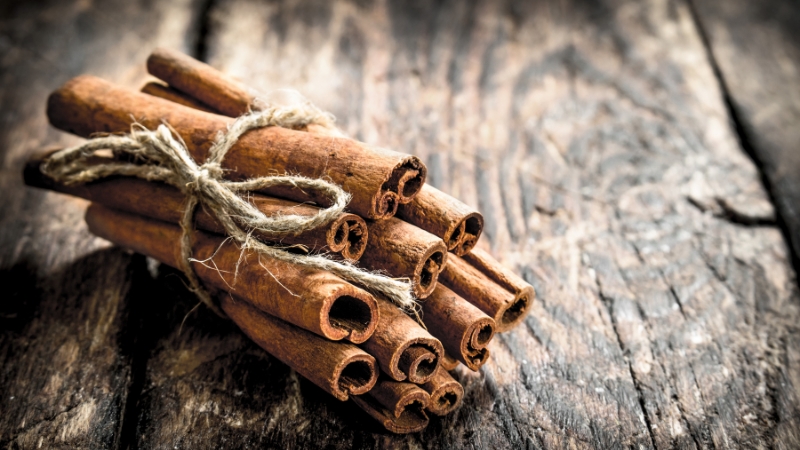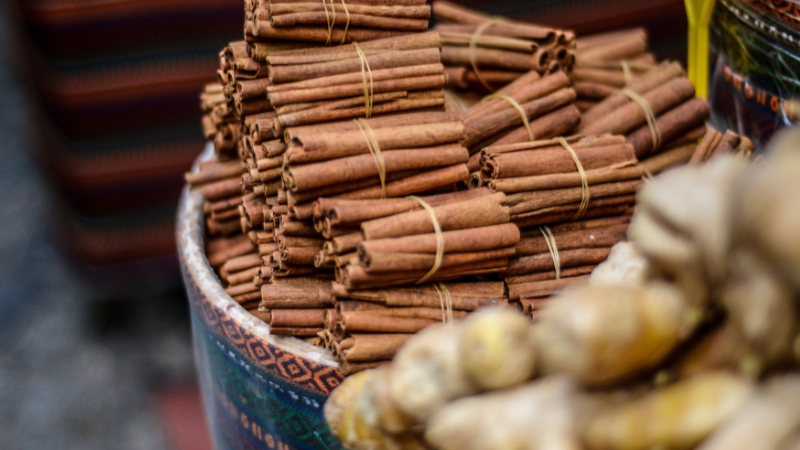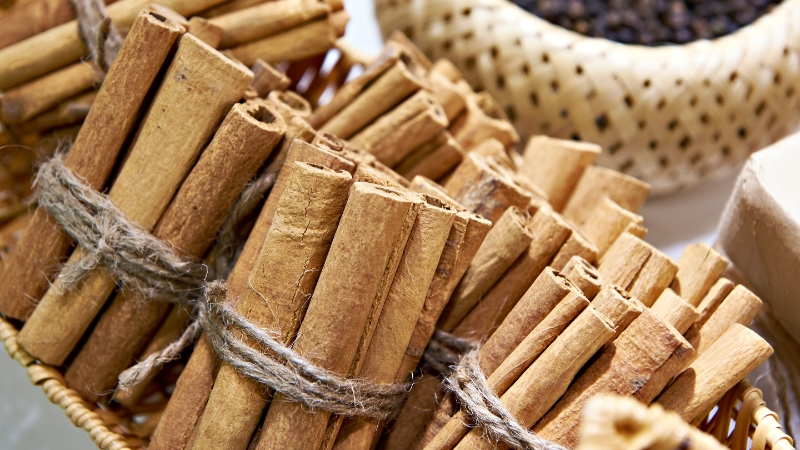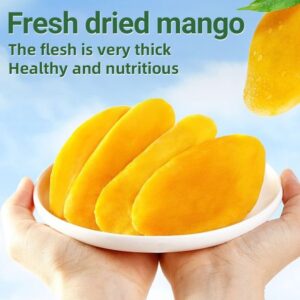As the demand for organic products grows, organic cinnamon from Vietnam is becoming a high-potential item in the international market. However, to increase its value and meet the strict requirements of importing countries, organic cinnamon must attain certain international quality certifications. These certifications not only ensure food safety but also enhance brand reputation and expand export markets.

1. USDA Organic Certification
USDA Organic is the certification of the United States Department of Agriculture (USDA), requiring that organic cinnamon is grown without the use of chemicals, pesticides, and synthetic fertilizers. This helps preserve the natural properties of cinnamon, keeping it free from harmful substances and ensuring high safety standards.
- Standards: The production process must be free from GMOs, supporting sustainable farming methods and environmental protection.
- Benefits: The U.S. market highly values USDA Organic, making it easier for products to be accepted there.
2. EU Organic Certification
For European markets, EU Organic certification is a crucial factor for the import of organic cinnamon. This certification complies with strict European Union regulations prohibiting the use of chemicals and preservatives.
- Standards: No synthetic pesticides are used, and the production process is environmentally friendly.
- Benefits: Meeting EU standards enables organic cinnamon to expand its market in Europe, fostering trust in product quality.
3. JAS Organic Certification
JAS (Japanese Agricultural Standards) is Japan’s organic certification, focusing on stringent requirements for cinnamon production and processing to ensure no harmful chemical residues remain.
- Standards: No synthetic fertilizers or pesticides are used, and the production process ensures food safety.
- Benefits: Facilitates access to the Japanese market, which has very high standards for quality and food safety.

4. Fair Trade Certification
Fair Trade certification is not technically mandatory but is increasingly important to international customers, especially in Europe and North America. This certification ensures that the production and export processes of organic cinnamon comply with fair and sustainable principles.
- Standards: Respects workers’ rights, fair and sustainable pricing.
- Benefits: Enhances brand image, adds human value to the product, and attracts consumers who support fair trade.
5. Additional Required Standards
In addition to the above certifications, exported organic cinnamon products must also comply with food safety and traceability standards:
- HACCP (Hazard Analysis and Critical Control Points): Ensures rigorous control over the production process.
- ISO 22000: Ensures food safety management standards throughout the supply chain.

Conclusion
Achieving international quality certifications not only reinforces the reputation of Vietnamese organic cinnamon products but also enables businesses to penetrate deeper into major markets. These certifications provide a solid foundation for Vietnamese organic cinnamon to become a top choice in the global market.



